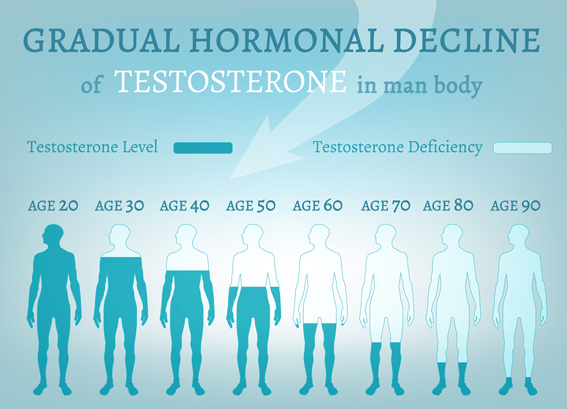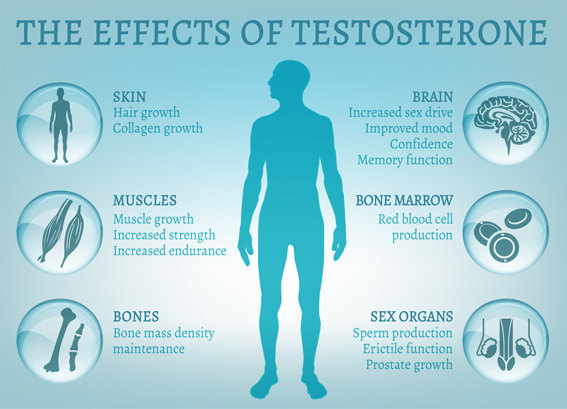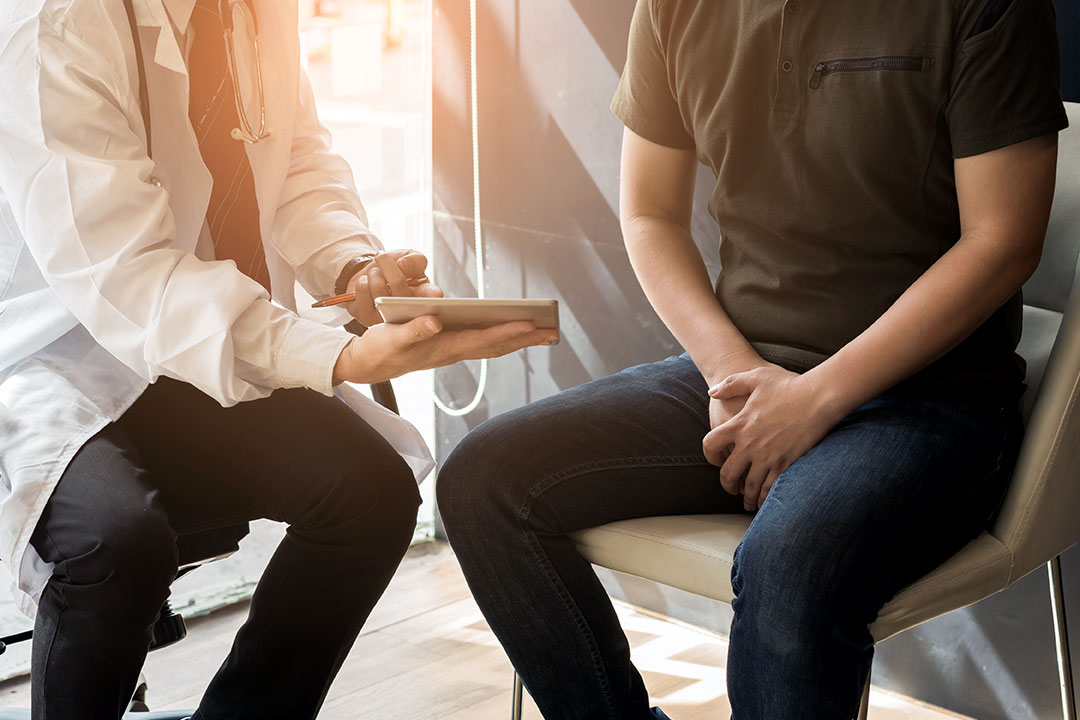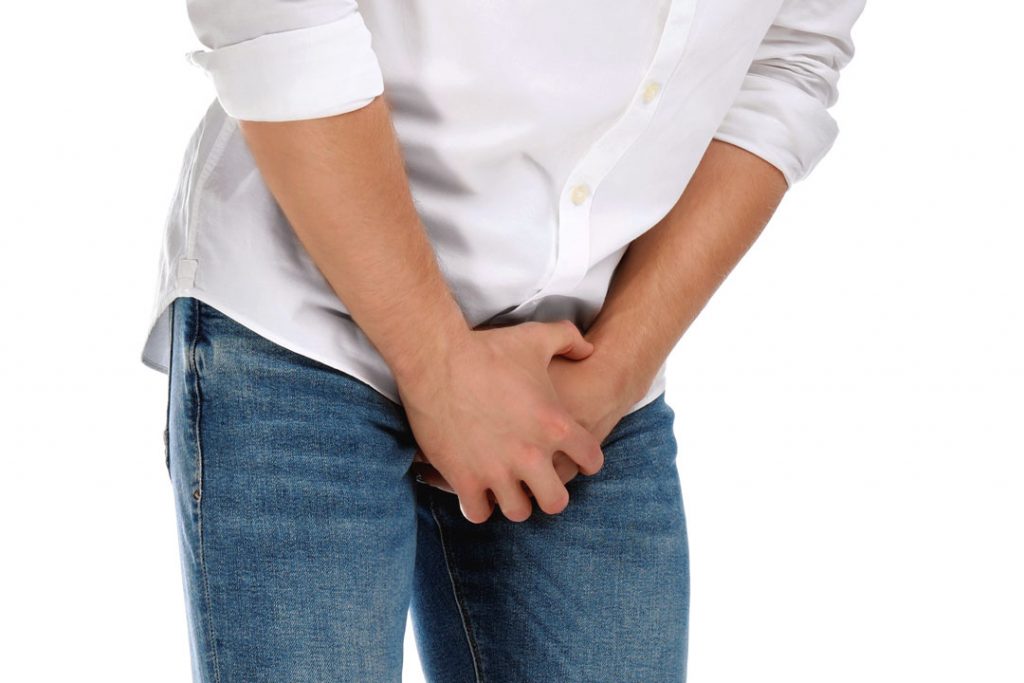Male Hormone Balancing
Low-T and Andropause
Testosterone levels naturally decline starting at around 30 years of age, declining at 1% per year. Though this is a normal process it sometimes occurs too early. Low testosterone, also known as hypogonadism, affects an estimated 14 million men in the U.S. This is a natural biological event, and very difficult to avoid. Coupled with lifestyle factors such as high stress, poor diet, lack of physical activity and poor sleep habits, low testosterone is becoming increasingly observed in many men under 40. Andropause (male menopause) is the name given to the gradual drop in testosterone as we age.
Signs and Symptoms of low testosterone (low T) include:
- Lack Of Energy And Stamina
- Low Libido/Sex Drive
- Decreased Muscle Mass
- Increased Central Body Fat
- Poor Concentration
- Less Frequent Erections
- Depression
- A Decrease In Bone Mass And Osteoporosis
Decreased hormone levels have also been associated with many diseases, including high cholesterol, heart disease, diabetes, and osteoporosis.
If any of these symptoms are affecting you, please contact our office to schedule a consultation to see how we can correct your hormone levels and get you back at peak performance!


Bioidentical Hormone Therapy
Balancing hormones for men isn’t just about testosterone anymore. Our testing usually includes estrogens, progesterone, testosterone, and DHEA to determine the best treatment for you. Men and women have the same hormones just in differing amounts. Knowing the number of hormones is just as important as knowing the hormones metabolites and the ratios between the hormones. Looking at all of this allows us to get a more complete picture to treat specifically and keep us from over-treating with testosterone. Too much testosterone eventually downregulates the testosterone hormone receptor making men feel like they need more testosterone and overburdening the liver. Whether it is low libido, erectile dysfunction, low testosterone, or others, we can help you find your right balance using natural treatments and bio-identical hormones. Bio-identical hormone replacement and/or natural ways to increase the bio-availability of your own endogenous (produced by your body) testosterone are the cornerstone of our hormone balancing approach when indicated. The term bioidentical hormones refers to hormones in their natural state, the type made by the body naturally. We never use synthetic hormones.
Diagnosing low testosterone in men
The diagnosis of hypogonadism includes demonstration of a low total or free testosterone and clinical symptoms such as erectile dysfunction, decreased muscle mass and strength, increased body fat, decreased bone mineral density and osteoporosis, mild anemia, breast discomfort and gynecomastia, hot flushes, sleep disturbance, body hair and skin alterations, decreased vitality, and decreased intellectual capacity (poor concentration, depression, fatigue). In the presence of many symptoms of testosterone deficiency and borderline serum testosterone levels, a short therapeutic trial may be tried. An inadequate response to testosterone treatment requires reassessment.
Testosterone Deficiency ADAM Questionnaire
- Do you have a decrease in libido (sex drive)?
- Do you have a lack of energy?
- Do you have a decrease in strength and/or endurance?
- Have you lost height?
- Have you noticed a decreased “enjoyment of life”?
- Are you sad and/or grumpy?
- Are your erections less strong?
- Have you noticed a recent deterioration in your ability to play sports?
- Are you falling asleep after dinner?
- Has there been a recent deterioration in your work performance?
It is likely that you have a testosterone deficiency if you answered “yes” to questions 1 or 7 or any 3 other questions.
Benefits of testosterone replacement therapy:
- Improved sexual desire and function
- Increased bone mineral density
- Improved mood, energy, and quality of life
- Change in body composition and improve muscle mass and strength
- Improved cognitive function
- Improved fat and sugar metabolism (improvement in metabolic syndrome)
- Increases in coronary blood flow in patients with coronary heart disease and beneficial effects on blood vessel function and coagulation. The net effect is a reduction in the risk of clotting an improvement in circulation.
- Testosterone is also been shown to increase the ejection fraction of the heart, meaning more blood is pumped with each beat.
Risks of testosterone replacement therapy
Though rare, risks relating to testosterone replacement therapy in men do exist. Testosterone may:
- Stimulate growth of already existing prostate cancer and male breast cancer
- Worsen symptoms of benign prostatic hypertrophy
- Cause gynecomastia (increase in breast tissue secondary to elevations and estrogen). This can be prevented.
- Cause elevated red blood cell count
- Cause testicular atrophy and infertility (not a problem if you already had all the kids you want to have)
- Cause or exacerbate sleep apnea
- Liver cancer if used at super physiologic levels (e.g bodybuilders) it has not been convincingly proved that testosterone replacement can cause development of cancer when used in the usual therapeutic doses.
- Testosterone does not cause prostate cancer!


